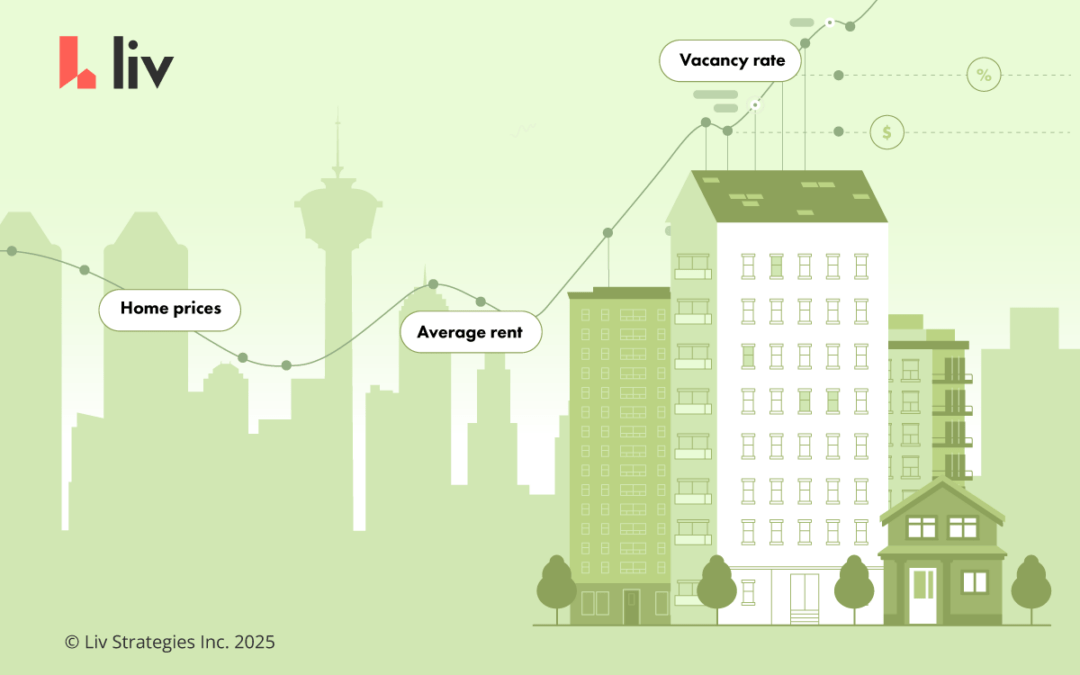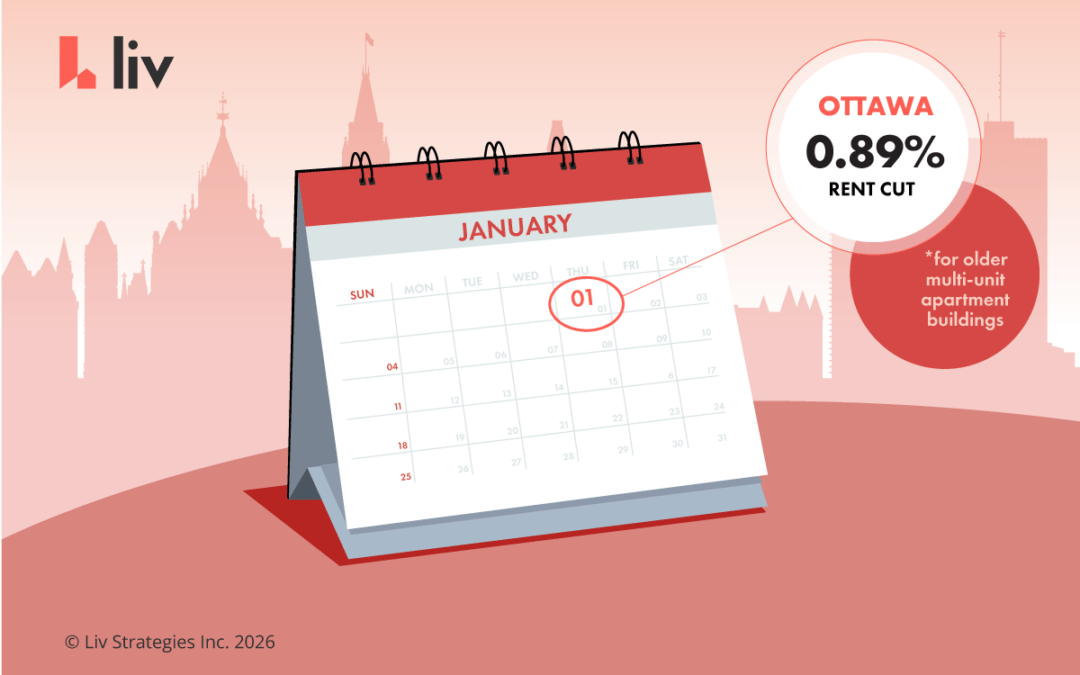The Government of Canada’s 2024 federal budget includes significant new spending on projects and programs, primarily aimed at getting more homes built faster. Among the most notable changes announced in this year’s budget are updates to the Capital Gains Tax, with a higher inclusion rate designed to help finance the ambitious new housing program. To help Canadian landlords & renters make sense of the proposed changes, liv.rent has broken down some of the key points to know with examples to show their potential impact.
Join Our Newsletter
For more info on rental laws and policies (e.g. eviction, lease agreements, repairs & maintenance), subscribe to get the latest news.
Neo Mastercard
Get up to 4% cashback on gas and groceries, plus 1% everywhere else with no annual fee using the Neo card. With the option to earn up to $685 annually and no annual fee, plus a secured option to build credit, it’s a smart choice for anyone looking to maximize rewards while improving credit history. Click here to apply.
What are capital gains?
In broad terms, a capital gain is the difference between an asset’s cost and its total sale price. An asset could be a real estate investment property, a stock, or a mutual fund.
For example, if you were to purchase an apartment for $600,000 and later sell it for $750,000, you would have a capital gain of $150,000.
How are capital gains currently taxed?
At present, only 50% of capital gains are taxable. In the above case, the apartment seller would only need to pay tax on $75,000 of the total profit. This means that the current “inclusion rate” is one-half. So, when determining your taxable capital gains for the year, you would multiply your capital gain for the year by the current 50% rate.
What are the proposed changes?
The 2024 budget, announced on April 16, would raise the inclusion rate from one-half to two-thirds on capital gains over $250,000. If these changes are implemented, this would mean that taxpayers would pay at the existing rate of 50% for the first $250,000 in capital gains, but for every dollar over $250,000, they would be taxed at the proposed two-thirds rate.
This would be the case for individual taxpayers, however, the budget also proposes that corporations and trusts would have all capital gains taxed at the new two-thirds rate. It’s worth noting that these changes won’t affect the vast majority of Canadians, with over 28.5 million Canadians projected to be unaffected. In fact, data indicates that only 0.13 percent of the population, those earning an average income of $1.4 million per year, will pay more in income tax as a result of the Capital Gains Tax increase.
If the budget is approved, the changes will go into effect on June 25th.
What do landlords need to know about the Capital Gains Tax changes?
It’s important to note that the proposed changes do not impact the sale of primary residences, which remain exempt from the Capital Gains Tax. Despite this, some landlords may need to assess the potential ramifications of the capital gains tax adjustments.
Those planning on selling a secondary or rental property could find themselves subject to the higher capital gains tax rate, depending on various factors such as the property’s profit margin.
Put simply though, these changes don’t implicitly affect landlords renting out their property, and in fact are likely partially intended to discourage property owners from flipping their existing rental properties. With that said, landlords who are planning on selling property aside from their primary residence should be aware of these changes and their impact.
>> Recommended Reading: Rising interest rates and rental properties: what landlords need to know
What do renters need to know about the Capital Gains Tax changes?
While renters themselves likely won’t be immediately impacted by the changes to the Capital Gains tax, it’s important for them to understand the potential implications of these changes on the rental market.
In the short term, these changes have the potential to raise rent prices as some landlords look to increase their profit from rental income rather than turn to a sale. However, the Canadian government has explicitly stated that one of the primary purposes of this year’s budget is to build more homes and create pathways to affordable housing. Over time, the extra tax revenue collected from the Capital Gains Tax income will likely result in less expensive rent prices across the country.

Rethink The Way You Rent
Not on liv.rent yet? Experience the ease of digital applications & contracts, verified tenants & landlords, virtual tours and more – all on one platform. Sign up for free or download the app.
Subscribe to receive the latest tenant & landlord tips and get notified about changes in the Canadian rental market.
>> Stay up-to-date on the average rent in Vancouver, Toronto and Montreal: Rent Reports.




0 Comments